By Kun-Yu Lai
Reviewing Taiwanese Cinema history, everyone refers to the masters of Taiwanese New Wave, like Hou Hsiao-hsien, Edward Yang, Wan Jen and Wang Toon. However, seldom people had ever mentioned another great director who made, possibly, the greatest gangster film in Taiwan: Hsu Hsiao-ming. Only some audience has seen his “Dust of Angels”, which is underrated all the time.
The story is about two teenagers, A-Guo and A-Douzi, who use drugs and hang around with gangster all day. During the 1990s, Taiwanese economy had reached its highest point, and the society changed faster than any periods in history. The economic boom gave gangsters opportunities to gain their power in business and politics. Teenagers like the main characters were easily absorbed and became part of it.
After getting involved in a homicide event in their home town, A-Guo and A-Douzi are forced to flee to Taipei to find shelter. As they try to survive in the concrete jungle, they do everything they can to make a statement, proving they're tougher than anyone. However, little do they know that their blunt behaviors make them the target of mafia. The situation becomes more and more complex, beyond their control. They start to realize the truly dark side of being in a gang, but they are unable to get out…
Before discussing the film, we have to realize what Taiwanese society was like at that time. The film was released in 1992, during the Taiwanese Golden Age. The government abolished the newspaper and political party prohibition, and loosened economical restrictions. In other words, the atmosphere was very positive. Nonetheless, the fast changes also brought crime and greed.

These changes give multiple meanings to the title of the film. First of all, the meaning of Taiwanese title is “Don't worry, kiddo!”, which can be viewed as regarding the main roles. However, the word “安” (It means: do not worry) also can be interpreted as amphetamine in drug terms. So the title can be read as: “Kiddo, want some amphetamine?” What's more interesting is that we also can combine both meanings. As the result, the title can be viewed as “ Teenagers use drugs to comfort their lives”, which is what the characters do in this film.
“Dust of Angels” is a film that reflected the environment of the time. It depicts exactly how people use bribes, gangs and corruption to achieve their goals. Through the gangster characters in the film, like Bro Jie, the director shows the changes of people nowadays. From the brotherhood to money, the alterations of what gangster member value in this movie is the reflection of people's fast changing hearts in the 1990s.
The status of the society makes these two teenagers' conflicts more convincing. Like most teenage films, A-Guo and A-Douzi are symbols of naivety and innocence. When they encounter the complex society, they are forced to arm themselves, pretending they're adults. So they curse, take drugs and use guns to show how mature they are, but what's inside their heart is endless loneliness. The more powerful they pretend to be, the more vulnerable they actually are. This is primarily mirrored in the ending of the film, which is so dramatic, that left me speechless.
Even though many films, like “Monga” or “A Brighter Summer Day”, also have similar narratives about the “lost” members of teenage gangs, this is the most realistic one for me. As a kid born and raised in countryside in Taiwan, I did see some people around me become another A-Guo. Not to mention the bribes and corruption in the film still happen here, and that makes me feel that this movie is very real and close to me.
The realistic atmosphere is based on the outstanding performances. The actor who plays the main characters' boss is Jack Kao, who was already an experienced actor at that time. Using silence and his eyes with cold soul, he successfully convinces the audience that he is a bad ass that nobody can deal with. He perfectly pictures the head of gangsters just like Marlon Brando in “The Godfather.”
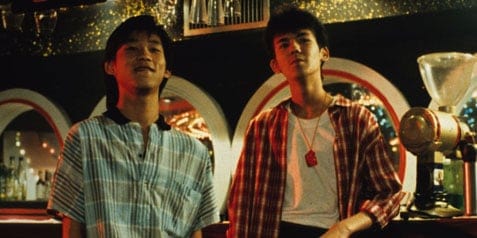
A-Douzi is played by Zhi-gang Tan, a talented star who had already shined in “A Brighter Summer Day”. His handsome look often reveals depression, which makes his character more attractive. Unfortunately, he died in a car accident after he finished this film, bringing a surprising end to his promising career.
The most astonishing and dramatic performance in this film is brought by Yen Zhang-guo, who actually plays himself in real life. Before he acted “Dust of Angels”, he had already become a well known star. However, being a child star made him unable to socialize with other kids in school, so he was bullied. In the end, he started using drugs and was involved in gangster fights as a gateway from his life. After being caught once, director Hsu Hsiao-ming and producer Hou Hsiao-hsien gave him the role as a brand new start for him. So what he acts in the film was exactly himself at that moment. Every curse and violence move in “Dust of Angels”, were his expression about how desperate, angry and hopeless he was. That's the reason A-Guo is a dramatic and convincing character; because he is the reflection Yen Zhang-guo.
Apart from the great visual experience the film offers, the soundtrack is also a legend in Taiwanese music history. To record right music about countryside in Taiwan and Taipei, the director hired a bunch of musicians to make music. The result was one of the greatest soundtracks ever recorded, as the music and lyrics perfectly catch the tough style of gangsters and the pace of a changing world.
Furthermore, those who participated in this album all played important roles in Asian music market years later. Wu Bai, for example, became the greatest rock star in mandarin speaking countries. As for Lim Giong, he writes countless original music scores and almost nobody can compare with him. And the album itself is considered a masterpiece due to its quality and rarity.
“Dust of Angels is excellent in every aspect, but it doesn't get the credit that it deserves. Only film critics and some directors still remember this film, and even its soundtrack and theme song are more popular than the movie itself. Maybe the reason people have forgotten “Dust of Angel” is that it is too similar to A “Brighter Summer Day”, which was released a year ago, or simply due to bad marketing strategy. But no matter what makes this film forgotten, it deserves more attention.


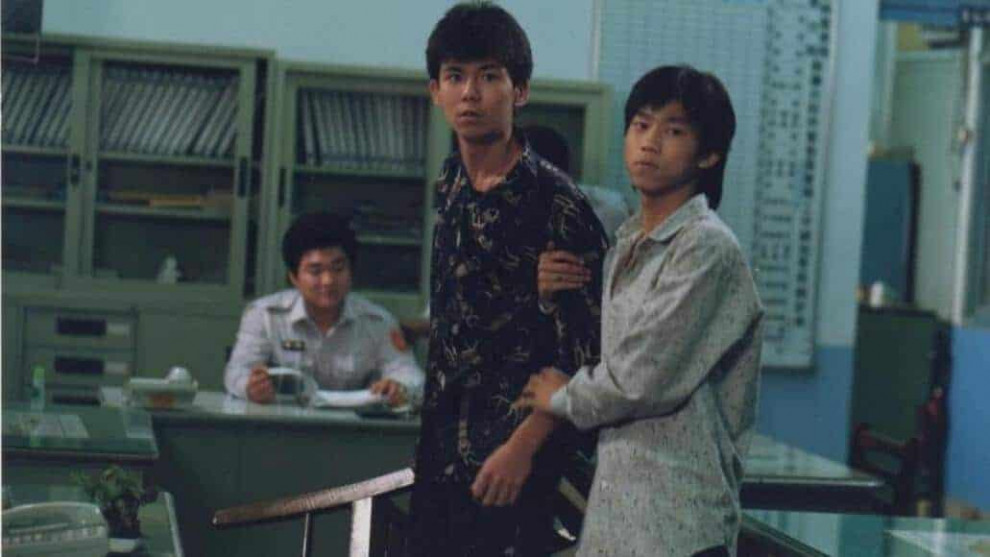
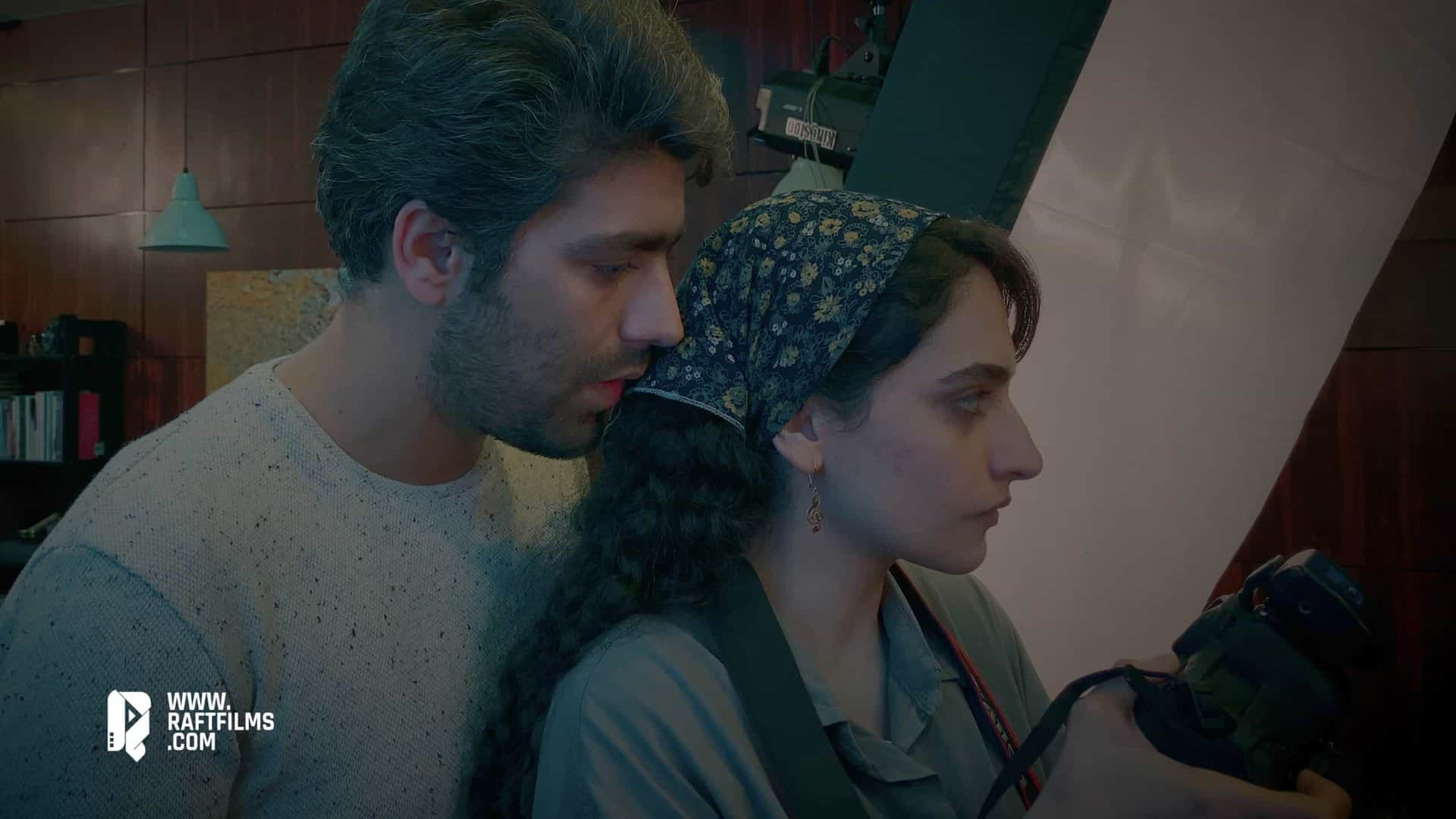
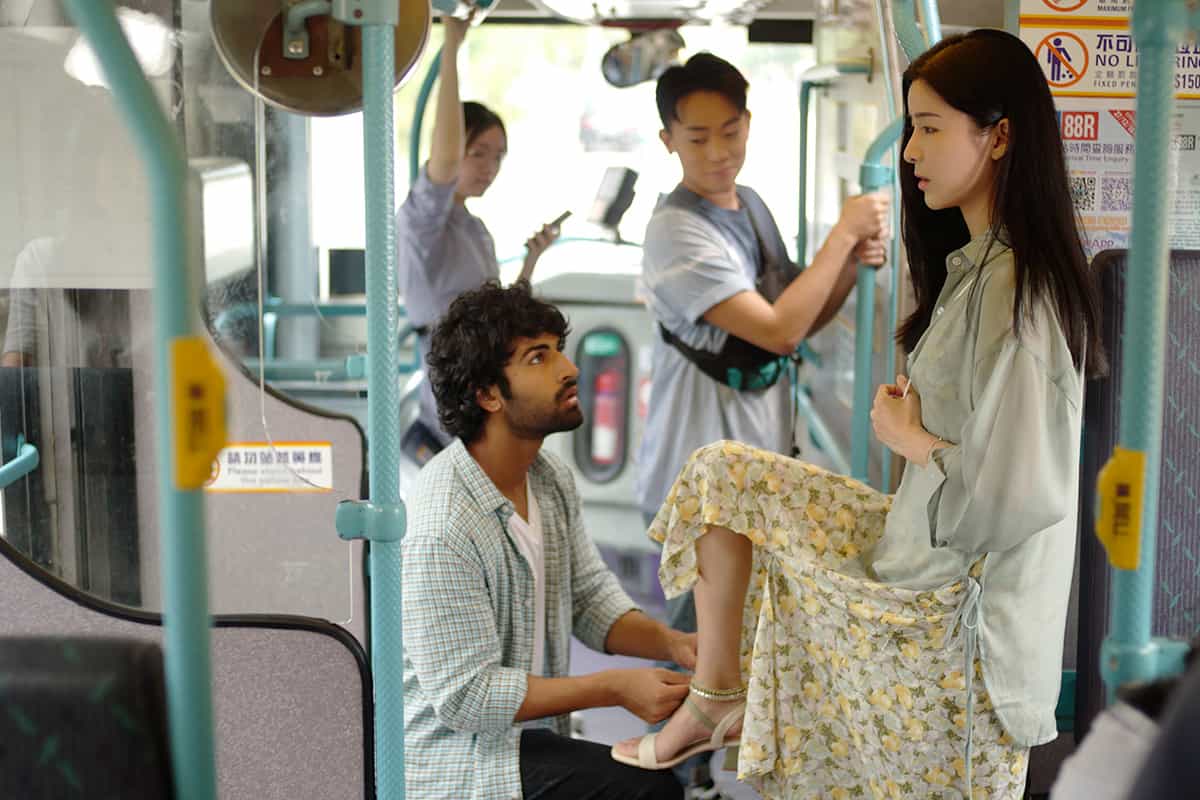
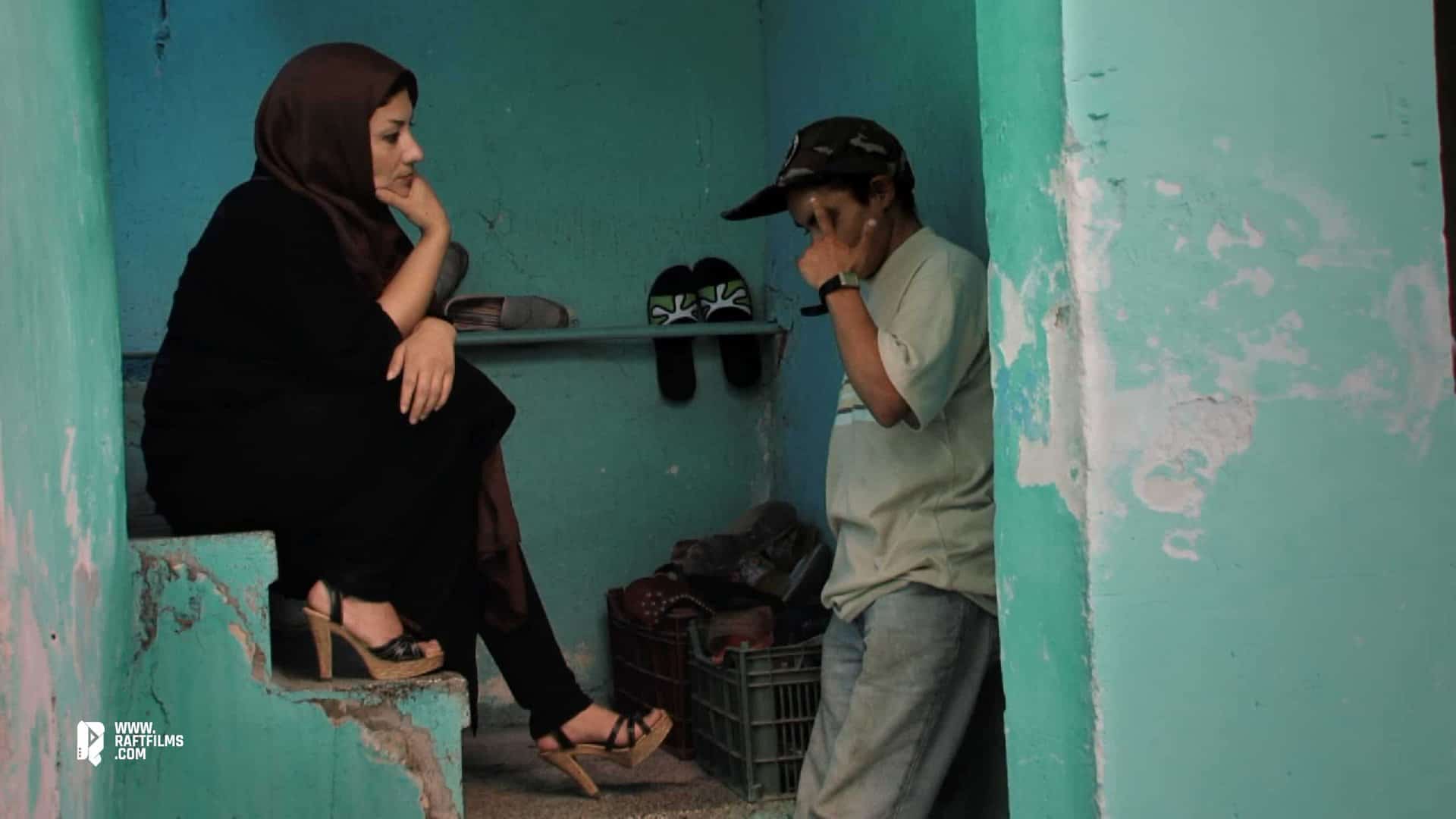
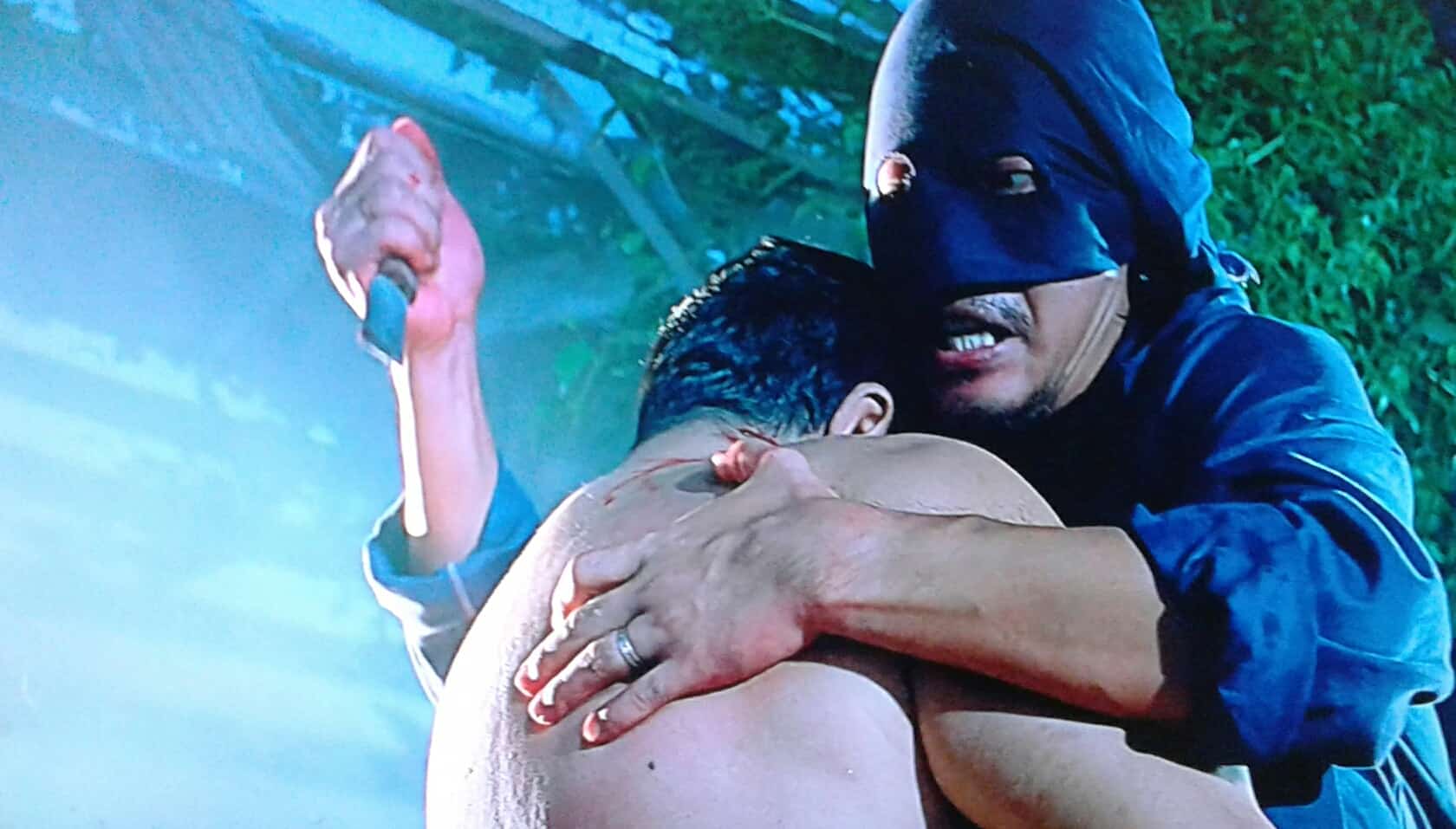
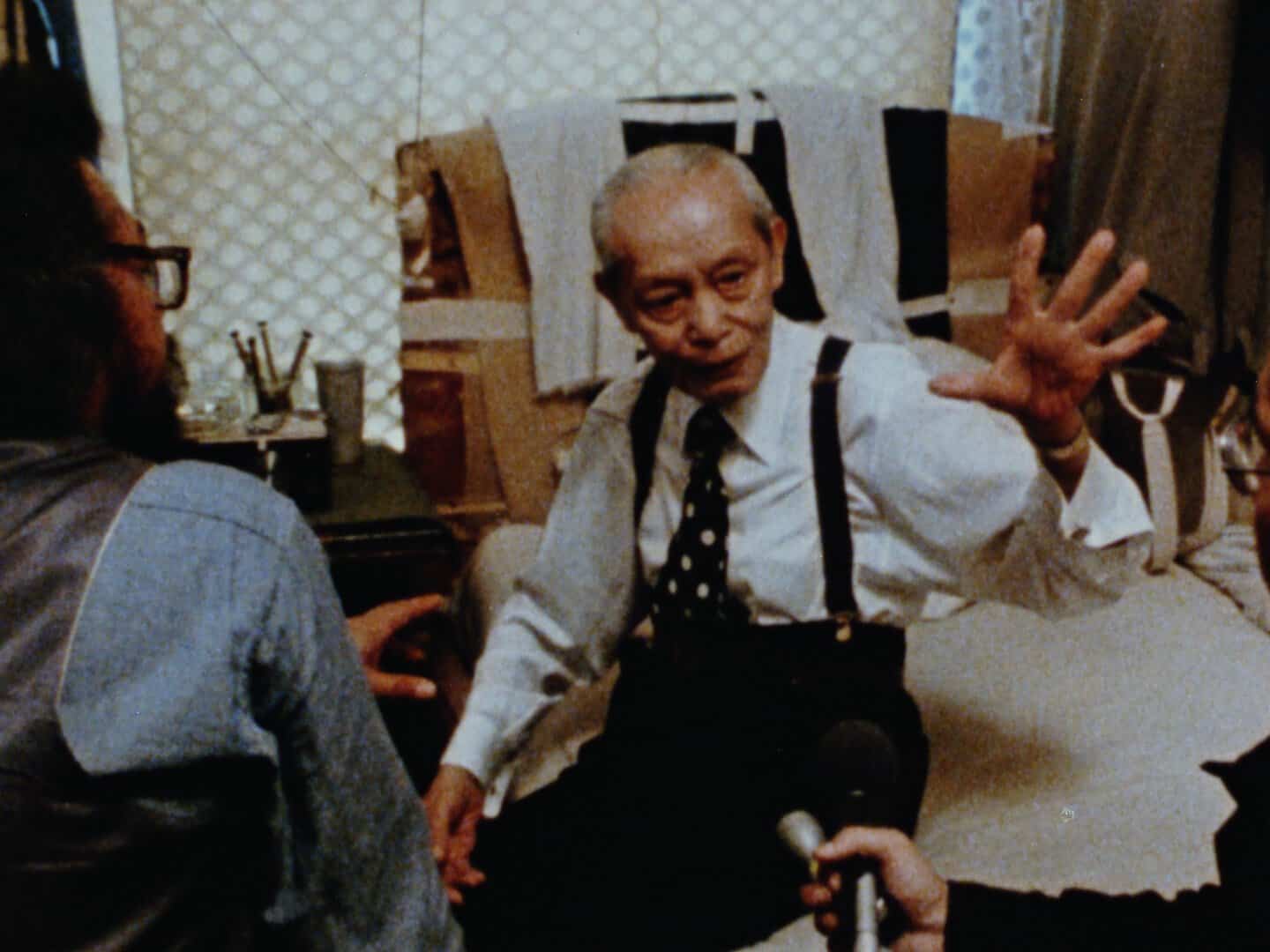
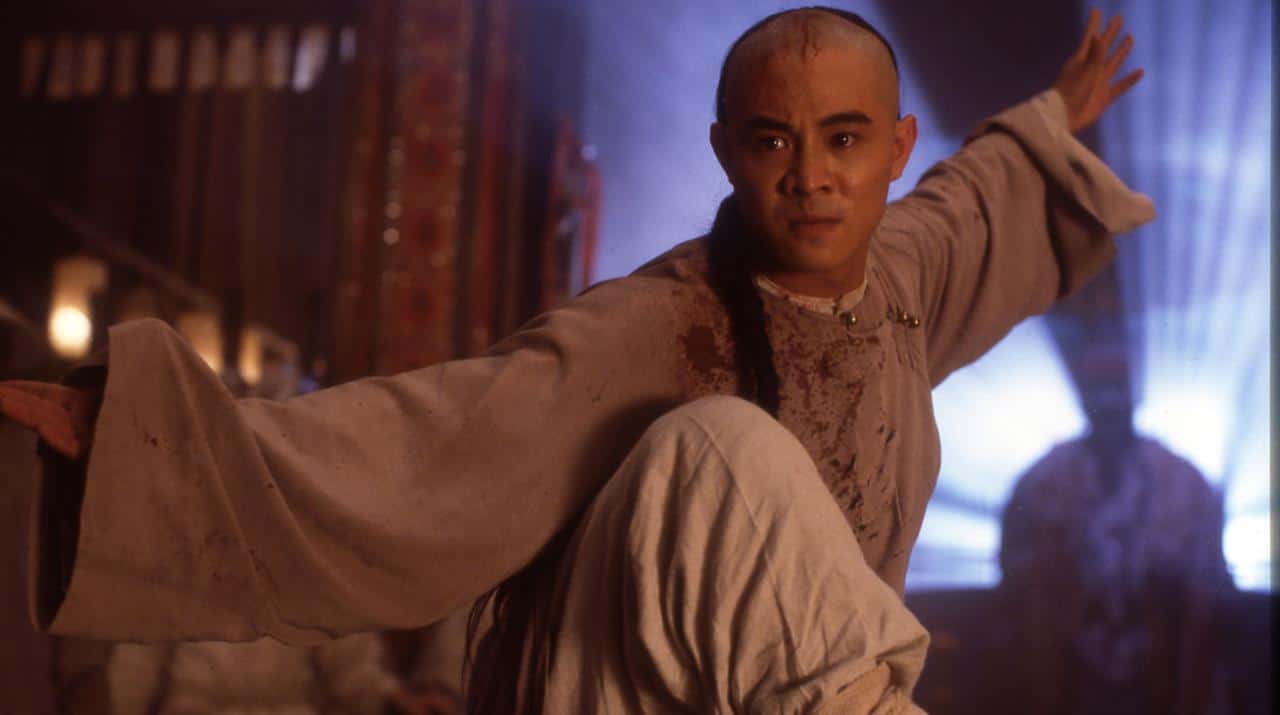







where can we watch/buy this gem?
https://www.youtube.com/watch?v=druECozWKOg